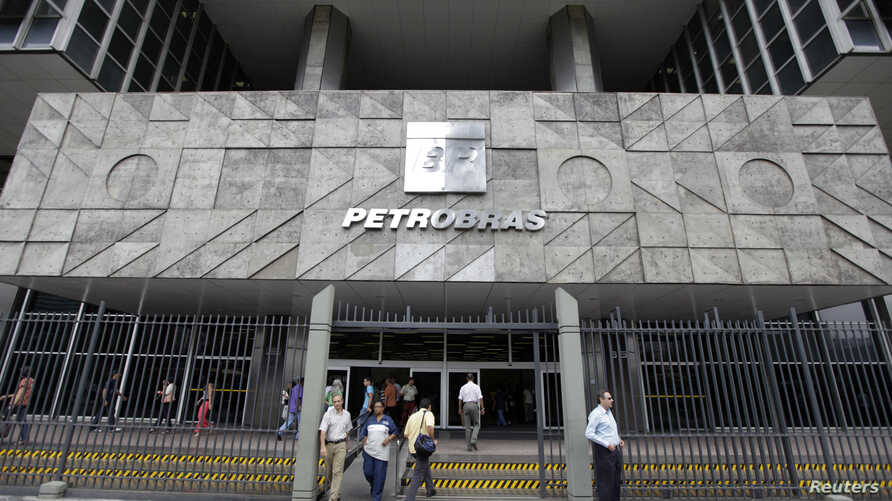(S&P Global) Brazil’s Supreme Court maintained 2018 regulations that allowed state-led oil company Petrobras to sell exploration and production assets, in a majority decision handed down Oct. 2.
This decision gave the company its second consecutive court victory in support of plans to sell assets under a divestment program that is expected to raise $20 billion-$30 billion over the next five years.
“With this decision, the Supreme Court conferred legal security to regulations applied to divestment projects in exploration and production assets and its contracts while acting as operator of consortia formed for the exploitation of these assets,” Petrobras said in a statement.
The latest Supreme Court ruling followed a separate favorable decision handed down Oct. 1, when the court denied a request from Senate leadership for an injunction that would stop Petrobras’ plan to sell nine of the company’s 13 operated refineries. The justices ruled in a majority decision that Petrobras was adhering to a 2019 ruling governing the sales process and did not need congressional approval to sell the refineries.
The full court, however, will still hear the full complaint from Senate leaders about the constitutionality of the refinery sales at a later date. The justices are expected to uphold the asset-sales program, with several previewing their positions in statements made during the Oct. 1 decision.
Petrobras has faced scant legal resistance to the company’s asset-sales program since 2018, when the company implemented a series of transparency measures negotiated with Brazil’s Federal Audit Court and later backed by Supreme Court rulings. The transparency measures, which include regular releases of information about individual sales, have largely done away with the nuisance lawsuits brought by labor unions affiliated with the former ruling Workers’ Party, or PT.
The PT backed a state-led model for development of Brazil’s oil wealth that often led to delays and cost overruns. The government implemented several reforms that created a more business-friendly model of development after the PT’s ouster from power in mid-2016, including giving Petrobras a freer hand managing the company’s portfolio.
Asset sales, however, often ended up in court as oil workers challenged the legality of the sales. While the lawsuits were often quickly dismissed, industry officials said the delays and legal costs had a chilling effect on the divestment projects at a time when Petrobras was struggling with one of the industry’s biggest debt loads and was separated from global capital markets because of a corruption scandal.
Despite the latest judicial support, oil workers pledged to continue attempts to thwart Petrobras’ sales efforts.
The Sindicato dos Petroleiros do Norte Fluminense, or Sindipetro-NF, said Oct. 2 that it had filed a complaint in federal court seeking an injunction that would block the recently announced sale of the Albacora and Albacora Leste fields. Petrobras put the aging Campos Basin producers up for sale Sept. 25.
The sale of Albacora and Albacora Leste, which hold high potential for subsalt oil and natural gas discoveries, represent the loss of public patrimony and would be sold at a fraction of the fields’ actual value because of current price volatility, according to the union.
The asset sales, however, also represent further diminished influence at the company for unionized oil workers, which has also been a driving force behind the legal maneuvering. Sindipetro-NF represents workers at older Campos Basin platforms, where oil and gas output has plummeted by nearly 70% over the past decade. Subsalt fields, meanwhile, now account for more than 70% of Brazil’s output, with many of the floating production units in the region operated by private-sector companies such as BW Offshore, Modec and SBM Offshore. That means moves such as strikes and work-to-rule actions have had little impact on Petrobras’ output in recent years.



